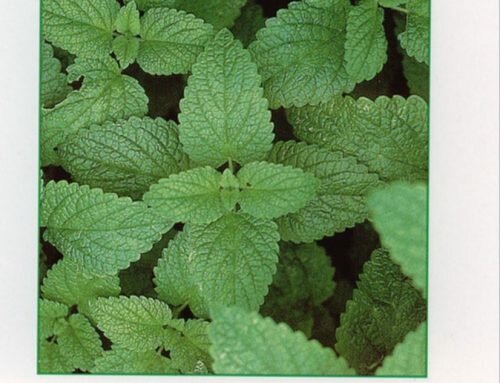More and more research suggests that adherence to a diet that matches the criteria of a style of Mediterranean food life (MEDI) may be protective for the protection from the aging brain.
In a study conducted at the University of Edinburgh, Scotland, UK, in a cohort of more than 400 people from Scotland, who were about 70 years of age, those who were low consumers of the Medi, had significantly lower total brain volume than those who regularly had adhered to this type of diet.
Interestingly, an increase in the consumption of fish or less of red meat consumption did not alter this result: this suggests that other components of the Medi or possibly all of its components together, are responsible for the association.
Medi invites to a consumption of fruits, vegetables, cereals, legumes and olive oil in large quantities, to moderate fish consumption, and a low intake of red meat.
Many studies in the past have told us long ago the validity of the Mediterranean diet, especially for better cognitive function and reduced risk of stroke and dementia. It also has recently been associated with increased cortical thickness and a greater brain volume in older patients.
This study differs from others because in this last have examined brain measurements in an extended period of time. In fact qualitative measurements across test and measurement with MRI were performed in a 6 year period, evaluating the adherence of the participants to the Mediterranean diet.
Moreover, in none of the participants were diagnosed signs of Alzheimer’s disease.
This study dimosta the validity of this type of power and how it is desirable to healthy food corresponds a proper lifestyle.





